
Are Your Electric Bike Brakes Legal? What to Know About Compliance with State Laws
Before discussing state regulations, it's important to grasp the federal standards governing electric bike brakes in the U.S. The Consumer Product Safety Commission (CPSC) establishes these standards to ensure safety across the nation. These guidelines create a foundational safety layer that states may augment with their specific requirements.
Both manufacturers and consumers must be familiar with these standards to ensure e-bikes meet essential safety levels before sale or use.
CPSC Requirements
The CPSC requires all e-bikes sold in the U.S. to be equipped with functional brakes capable of stopping the bike within a certain distance, which may vary based on speed and weight. Overall, the brakes must ensure rider safety.
Additionally, the CPSC mandates rigorous testing of e-bike brakes to confirm their effectiveness under various conditions, such as wet surfaces or steep descents, ensuring they can handle diverse terrains and weather.
Compliance with Federal Standards
Manufacturers must thoroughly test their e-bike brakes to comply with federal standards. Consumers should purchase e-bikes from reputable brands that align with these regulations. When buying, look for certifications indicating CPSC compliance, usually found in the product manual or on the bike itself, offering assurance of quality and safety.
State Regulations: What to Know
While federal standards provide a baseline, individual states may have additional regulations regarding electric bike brakes. It's essential to be aware of these state-specific rules to ensure compliance. Each state has the authority to impose stricter regulations or additional requirements to address local concerns or conditions.
Understanding these nuances is crucial for ensuring that your e-bike is legally operable in your area and any other areas you plan to visit.
California Specifics
California has stringent vehicle regulations with specific requirements for electric bike brakes. According to the California Vehicle Code, electric bikes must have a braking system capable of skidding on dry, level, clean pavement, ensuring effective stopping in various conditions for enhanced rider safety.
California is known for having some of the most rigorous vehicle regulations in the U.S., and electric bike brakes are no exception. Under the California Vehicle Code, all e-bikes must be equipped with a braking system capable of causing the wheels to skid on dry, level, clean pavement. This ensures effective stopping power and enhances rider safety across different conditions.
Understanding E-Bike Classification in California
California classifies ebikes into four categories:
-
Class 1 and Class 2: Treated as bicycles; no license, registration, or insurance required.
-
Class 3 and Class 4: Regarded as motorized vehicles, requiring a license, registration, and insurance.
Other States' Requirements
While California's regulations are well-known, other states may have similar or slightly different requirements. It's crucial to check the specific laws in your state or any state you plan to ride in. Some states might require additional features, such as a brake light or specific types of brake systems, like disc brakes.
Moreover, states with varied terrains or climates might have unique requirements to address specific safety concerns. Being proactive in understanding these differences can prevent legal complications and ensure safe riding across state lines.

Potential Consequences of Non-compliance
Failing to comply with brake regulations can have serious consequences. You might face fines or penalties from local authorities, and your insurance might not cover accidents resulting from non-compliant brakes. Most importantly, non-compliant brakes can compromise your safety and that of others on the road. Legal issues aside, non-compliance can lead to devastating accidents, highlighting the importance of maintaining and upgrading braking systems as needed. Ensuring compliance not only protects you legally but also fortifies your safety on the road.
FAQs
Yes, you can customize your electric bike's braking system, but you must ensure that any modifications comply with federal and state regulations. Ensure that the upgraded system still meets safety standards, including stopping power and efficiency.
To find the latest regulations, check your state’s Department of Motor Vehicles (DMV) website or state-specific transportation departments. You can also consult local bike shops or e-bike manufacturers for expert advice on compliance.






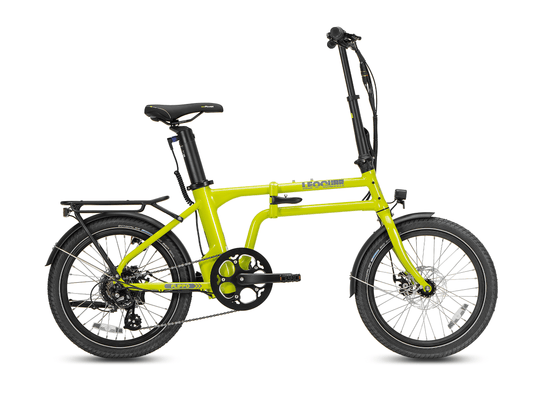

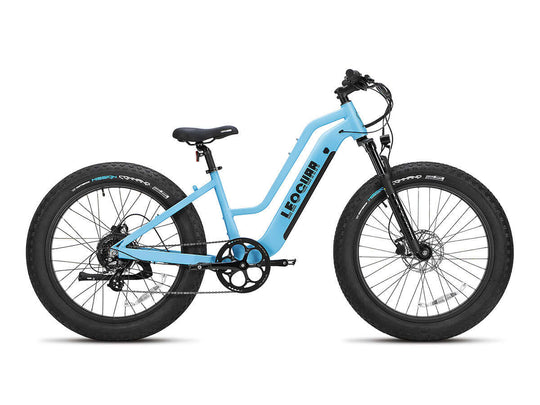
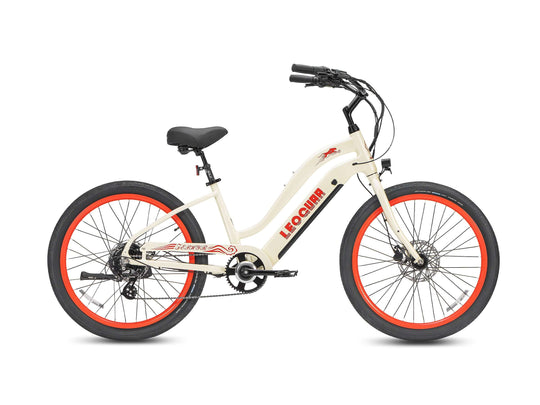
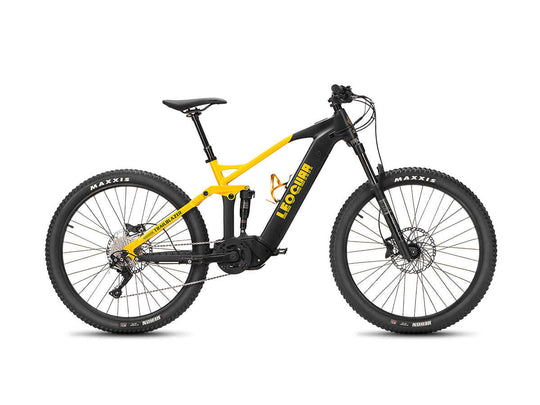

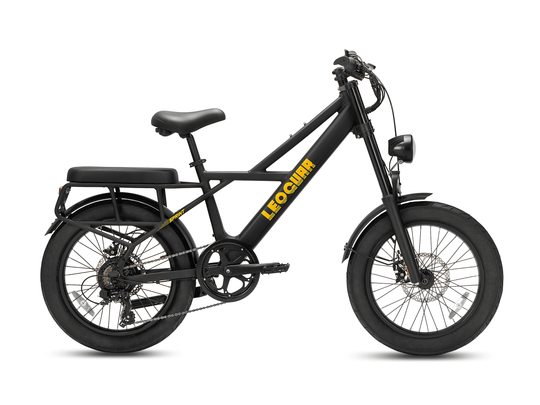

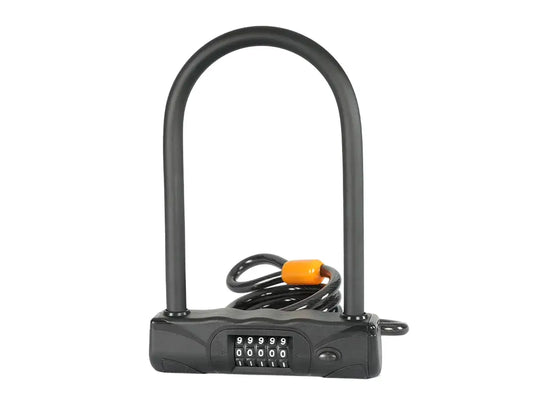

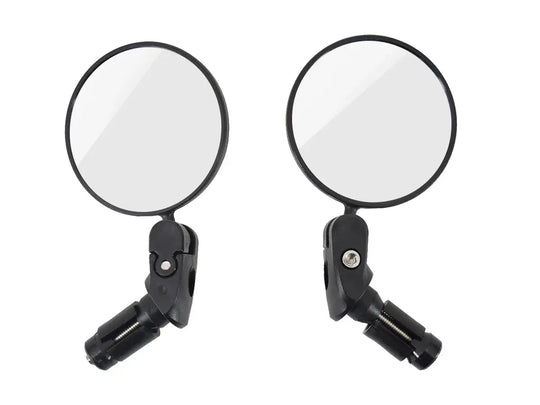





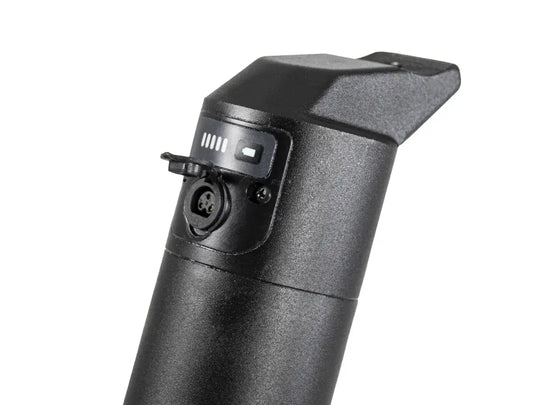

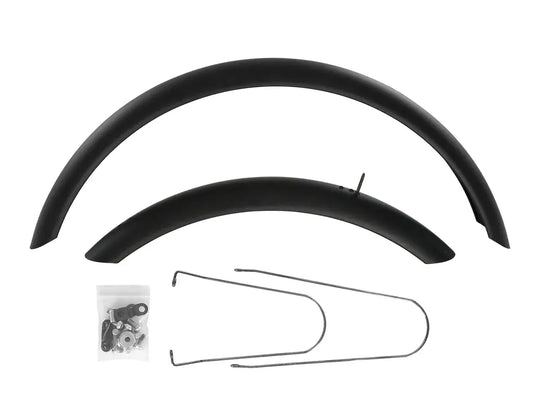

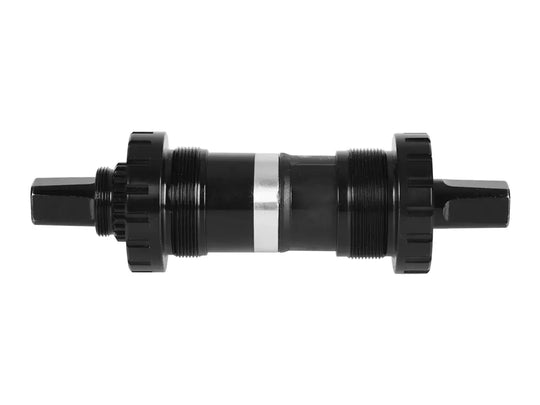
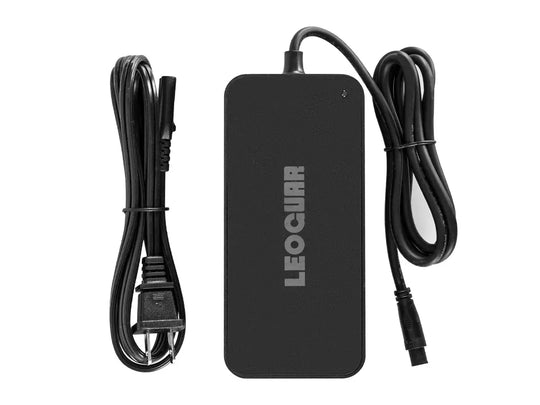
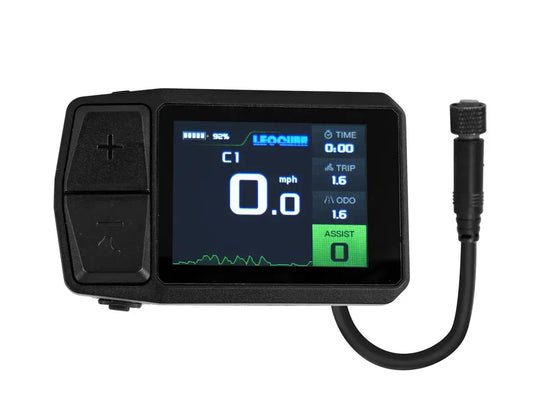

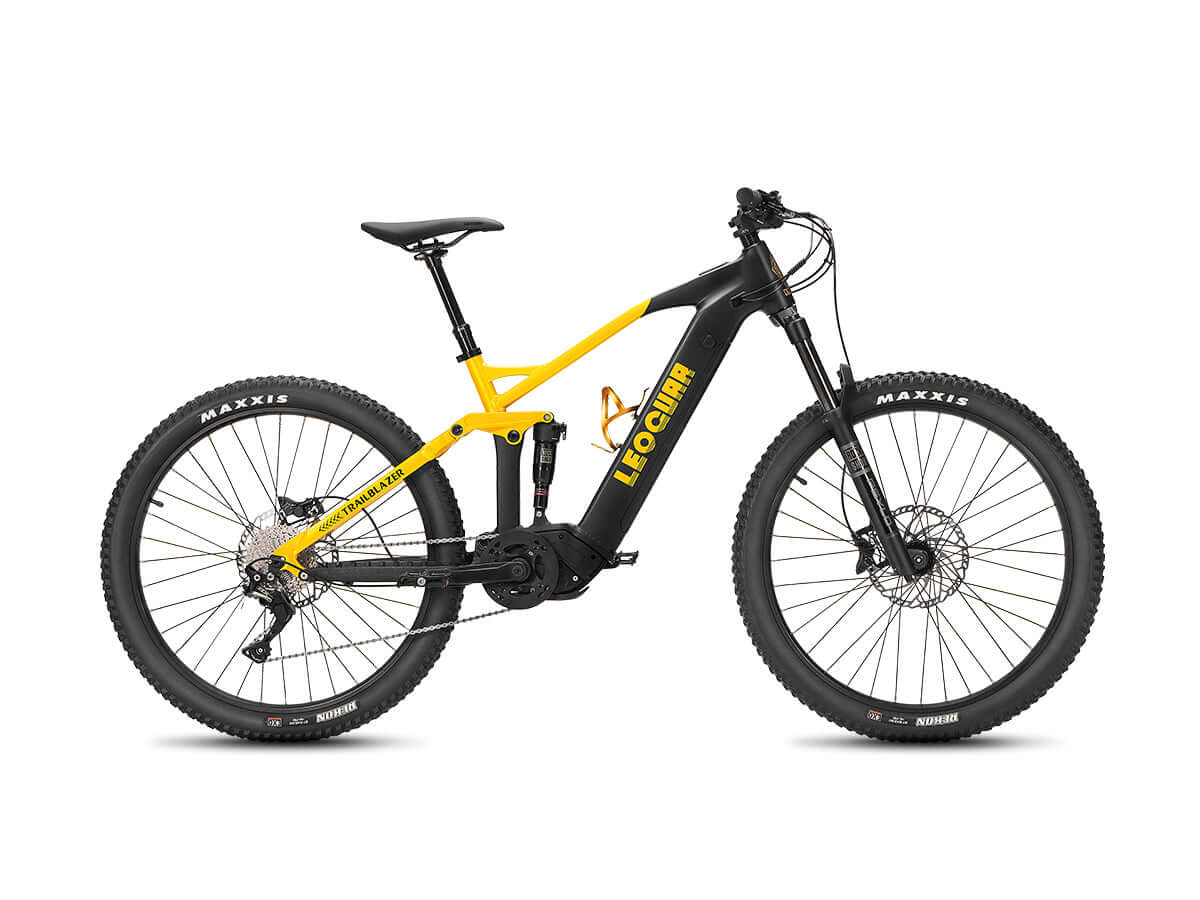








Leave a comment